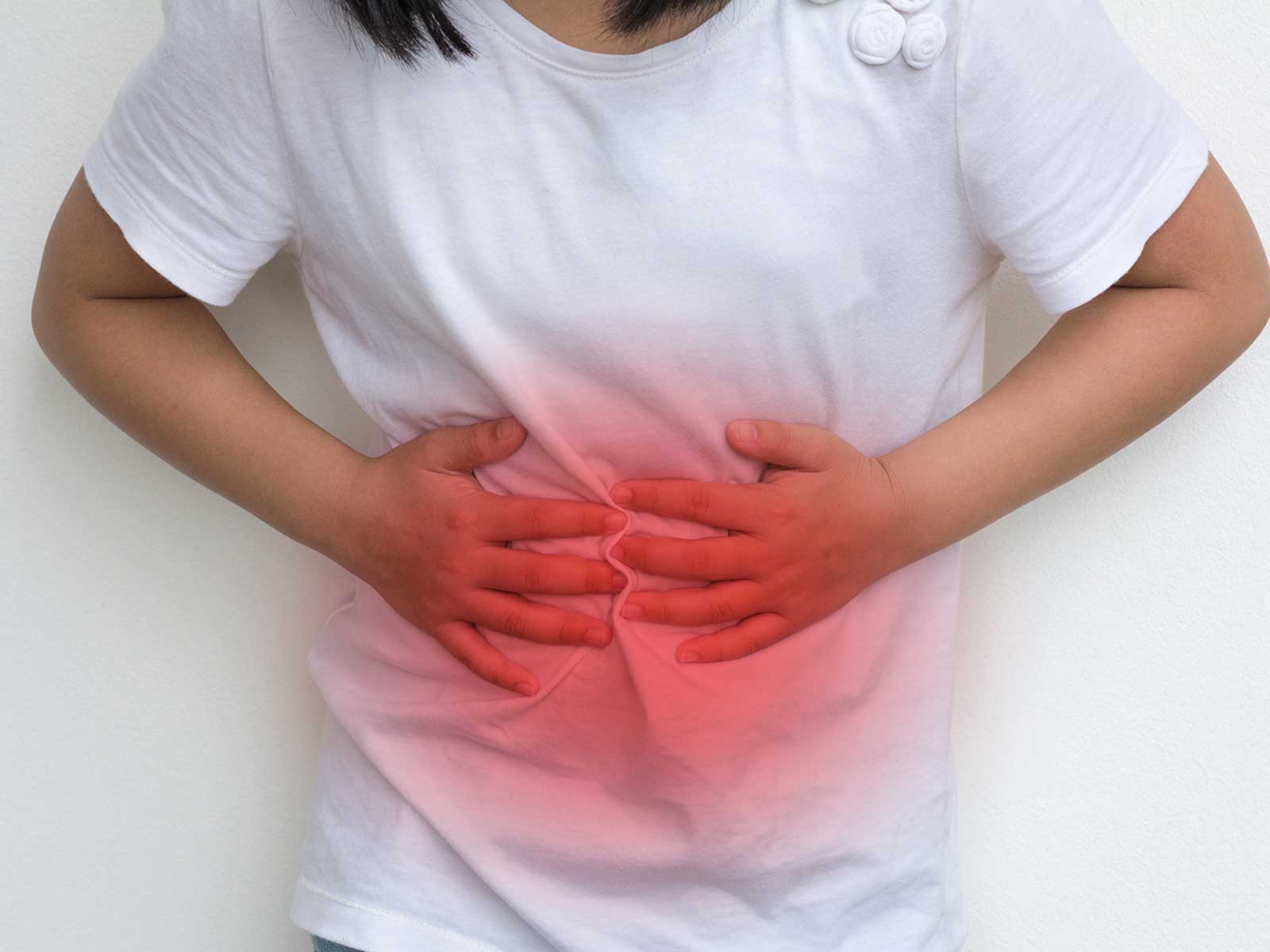
Colonic volvulus is the disorder when the section of the colon twists and obstructs the passage of faeces and blood. It occurs most frequently in the lower section of the large intestine that is called the sigmoid colon. This twist may lead to swelling, pain, and severe complications in time unless they are treated in time. An immediate action is essential to prevent any abuse in the long run.
The symptoms can be initiated abruptly and they may include:
There are a number of factors that predispose to develop colonic volvulus:
When you have source of abdominal pain bloating or difficulty in passing gas or stool, do not wait to get the care that you need immediately. Our experts will be available at GastroDoxs in Jersey Village in order to offer immediate assessment and tailored care to colonic volvulus. You can make your appointment online by calling 832-476-1649 or by making a visit. We are excited and pleased to serve you to make you feel better and be healthy.
We've successfully treated more than 1.5K patients, helping individuals improve their digestive health and overall well-being through expert, personalized care.
With over 20 years of experience, GastroDoxs has been a trusted provider of gastroenterology care, focusing on delivering the best outcomes for patients
Volvulus: This is a condition where the bowel folds across itself and blocks the blood flow to stool and blood. Other obstructions are normally as a result of a tumor, scar tissue or stool that is impacted but not a twist.
Yes. Without treatment, the twist may stop the blood supply causing death, infection, or perforation of the tissue, which is a medical emergency.
The diagnosis is usually performed through imaging, i.e. X-rays of the abdomen, CT scans or contrast enemas in order to see the bending part of the colon.
Sometimes. Endoscopic detorsion or sigmoidoscopic decompression is used in the early cases with a successful attempt to untwist the colon and remove the obstruction without surgery.
It normally requires 1-2 days of hospital stay to recover after endoscopic detorsion. The process of surgery can take 5-7 days to recover and a longer period of hospital care also means a full recovery that is accompanied by going back to work gradually.
People who chronically experience constipation, have limited mobility or have spent much time in a bed, those who pursue neurological reasons (such as Parkinson) and those who had abdominal surgeries before are at a higher risk.
In patients who have a severely damaged bowel, the temporary colostomy is necessary. The colostomy is reversible in most instances after the heal has taken place.
Yes, recurrence is possible. Removal of the affected part of the colon by surgery is a very effective way of decreasing the likelihood of recurrence of volvulus.
A healthy colon and minimizing the risk can be maintained through a high-fiber diet, exercise and constipation management.
GastroDoxs in Jersey Village has a faster testing system, endoscopic and surgeries, and individualized plans of care in case of colonic volvulus, providing complete management of the disease, to recovery.